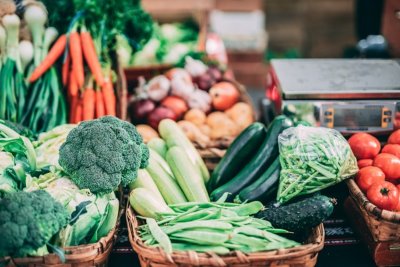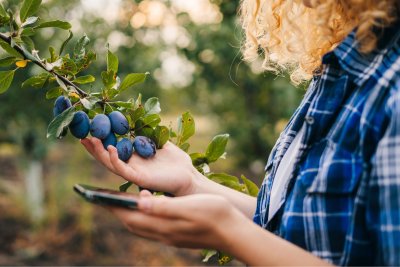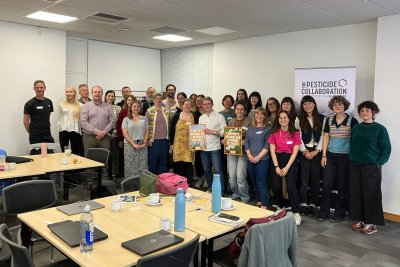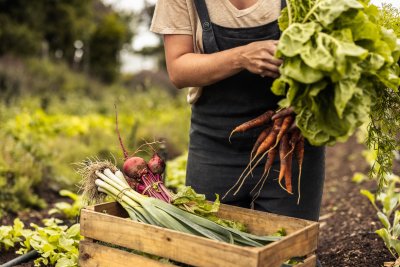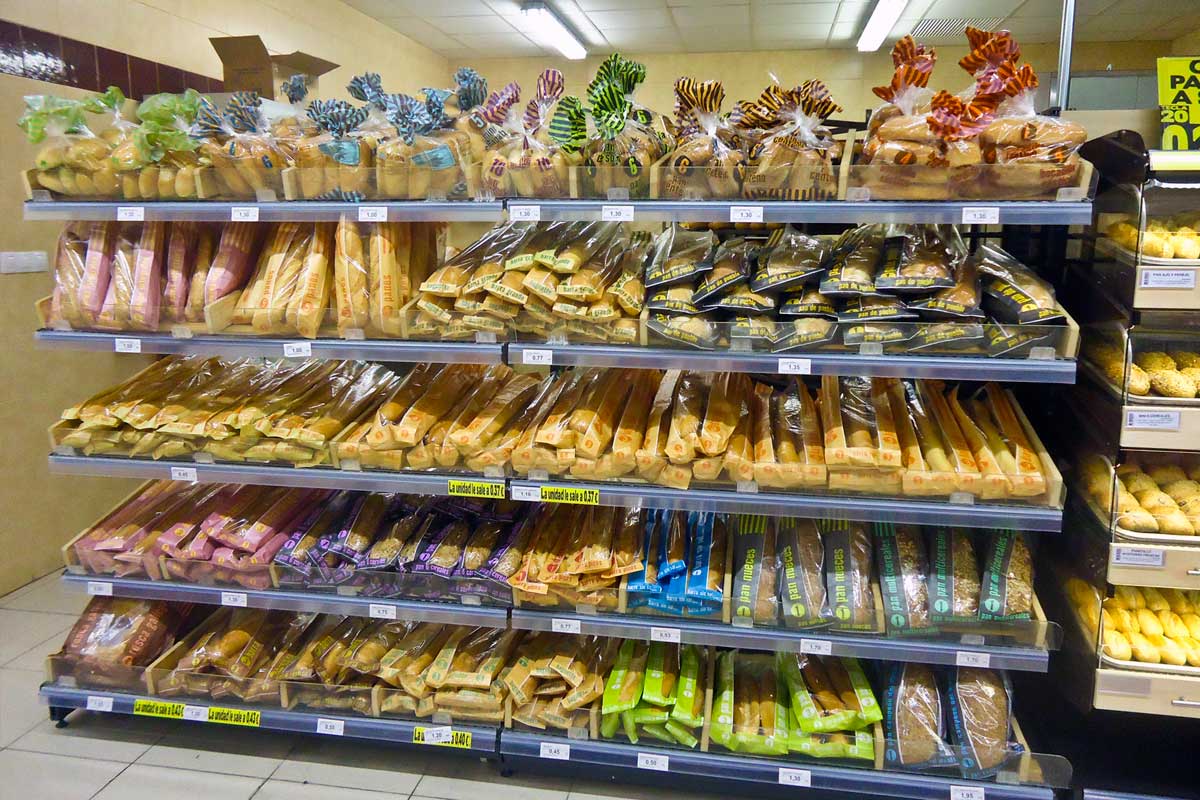 Supermarket Loaves credit Chris Young
Supermarket Loaves credit Chris Young
New report - The secrets of supermarketing: A model balanced on a knife edge
This new report by Professor Lisa Jack, one of the UK’s few accountancy academics to focus on the food system, shows how the business model of supermarkets is on a knife edge: tiny, and heavily protected, profit margins applied to large volumes of goods keep the system running. This has major implications for farming, health, food waste and the environment.
Sustain and its members have long argued that the model of food supermarket retailing has deep flaws which affect farmers down and consumers up the supply chain. This new report very clearly highlights the inherent flaws in the design and suggests this leaves us with a risky system highly vulnerable to shocks and which causes significant food waste and harm to public health.
The Food Research Collaboration notes
"Professor Jack’s analysis finds that adding scale actually adds to supermarkets’ expenses. In other words, supermarkets face the costs of running their businesses (stock, premises, IT systems, staff, enticing displays, sophisticated logistics), but need to keep prices down to keep customers coming through the door. The supermarkets therefore keep prices low by enticing customers to buy additional items and by looking to their suppliers. Bargaining power is the one real advantage that size and scale give the supermarkets but it risks putting financial and emotional burdens onto their suppliers.
One way supermarkets keep costs low is by charging suppliers fees for marketing and selling their products, generating ‘commercial income’ which can equal or exceed supermarkets’ bottom-line profits. Without the commercial income generated by charging supplier fees, British supermarkets would be running at or near a loss.
This supermarketing business model of low prices, wide choice, expert marketing and slim margins, although finely balanced and expertly run at the supermarket end, risks unbalancing the rest of the food system. This false economy of scale has unintentionally left us with a food system characterised by over-purchasing, over-eating, over-production and waste. Food is transferred to store cupboards in consumers’ homes and then left unused; empty calories are stored in our bodies; and edible food often ends up in bins.
Changing this system in effect asks the supermarkets to ‘unsupermarket’ themselves. Could they do it and stay viable? Could the wider food system withstand the upheaval? Do consumers want it? Would policy-makers risk it? We need to face up to these questions, as we try to envisage and move closer to a more climate-friendly, healthy, regenerative and equitable food system."
Download the report here.
Sustainable Farming Campaign: Sustain encourages integration of sustainable food and farming into local, regional and national government policies.
Sustain
The Green House
244-254 Cambridge Heath Road
London E2 9DA
020 3559 6777
sustain@sustainweb.org
Sustain advocates food and agriculture policies and practices that enhance the health and welfare of people and animals, improve the working and living environment, promote equity and enrich society and culture.
© Sustain 2024
Registered charity (no. 1018643)
Data privacy & cookies
